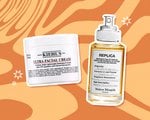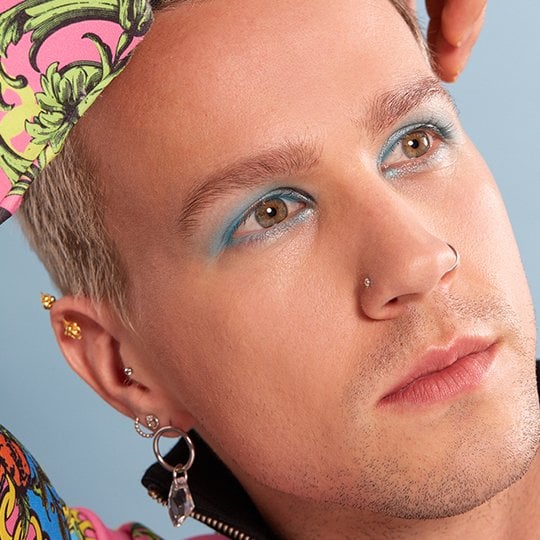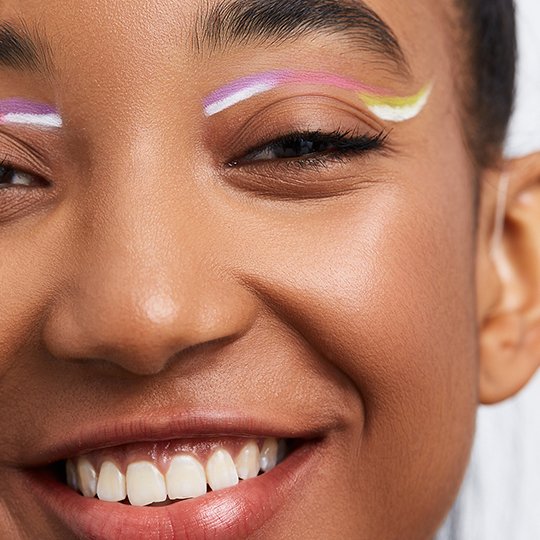Beauty Q&A: How Often Can I Use Face Masks? A Dermatologist Weighs In
November 01, 2018
You see it pretty much every time you scroll through your Instagram explore page: endless ASMR-like videos of beauty gurus peeling off face masks before they apply their makeup. A lot of these masks look refreshing, but it leaves us wondering: How often should we really be using skin care masks, especially if we have oily, dry or sensitive skin? Are they safe to use all the time? Can too much masking be too much?
We chatted with Dr. Joshua Zeichner, Director of Cosmetic & Clinical Research in Dermatology at Mount Sinai Hospital to determine exactly how often we should be giving our skin extra TLC in mask form. His thoughts on masking might surprise you.
Skin Care Masks Are a Compliment, Not a Regimen
Dr. Zeichner first and foremost notes that masking complements your skin care routine. “Masks offer high concentrations of specific ingredients to give your skin a boost,” he notes. “And how often you use a mask depends on what it’s purpose is.” This means that before you reach for that pretty mask pack, you should remember that the additives in it are saturated and not always gentle.
Masking for Dry Skin
“For concerns like skin hydration, gentle hydrating masks can be used on a regular basis,” says Dr. Zeichner. Hydrating masks are your friends here since they’re mostly concentrated with water so they’re often unlikely to irritate.
Masking for Oily Skin
As for oily skin, there are many oily and acne prone masks on the market, but Dr. Zeichner suggests reaching for a clarifying option. “Ingredients like charcoal or clay help absorb oil and can soothe the skin,” he notes. “These can be used daily.” However, he also urges you to check the ingredients before application, since “acne treatment masks that contain ingredients like benzoyl peroxide or salicylic acid may be irritating.” As for rubber masking, you want to do your research on what ingredients are in the mask as well, since using these kinds of masks depend on the active ingredient rather than the rubber itself. The consistency and peeling effect doesn’t really actively do much, contrary to popular belief.
Masking for Skin With Dullness or Dark Spots
A common misconception when it comes to dullness or dark spots is that a mask will do wonders to brighten the skin. This is not always the case, Dr. Zeichner says. “Many masks for conditions like these contain potentially irritating ingredients so they should be limited to once per week.” He notes to watch out for ingredients that include hydroxy acids or retinols — you want to head to your derm before using these.
Masking for Sensitive Skin
For sensitive skin types, Dr. Zeichner notes to be careful when choosing your skin care mask. “Avoid masks that contain ingredients like fragrances,” he notes, since these excess scents can often aggravate your skin. He suggests using hydrating masks for sensitive skin, which can be used regularly.
With Masking Comes Responsibility
While masking is an important step in your routine (and a totally fun skin care or makeup prep step), it is important to mask responsibly. “When choosing a mask, think of it as a complement to your regular skin care routine,” says Dr. Zeichner. “Masks can be used to periodically boost effectiveness if you feel like your skin care routine is reaching a plateau or if you need additional benefits.” But of course, pay attention to your skin's needs before you apply.

















.jpg?cx=0.5&cy=0.5&cw=150&ch=120&blr=False&hash=13DE8EDEE0E1AF98CC5D704B05EC64EE)













